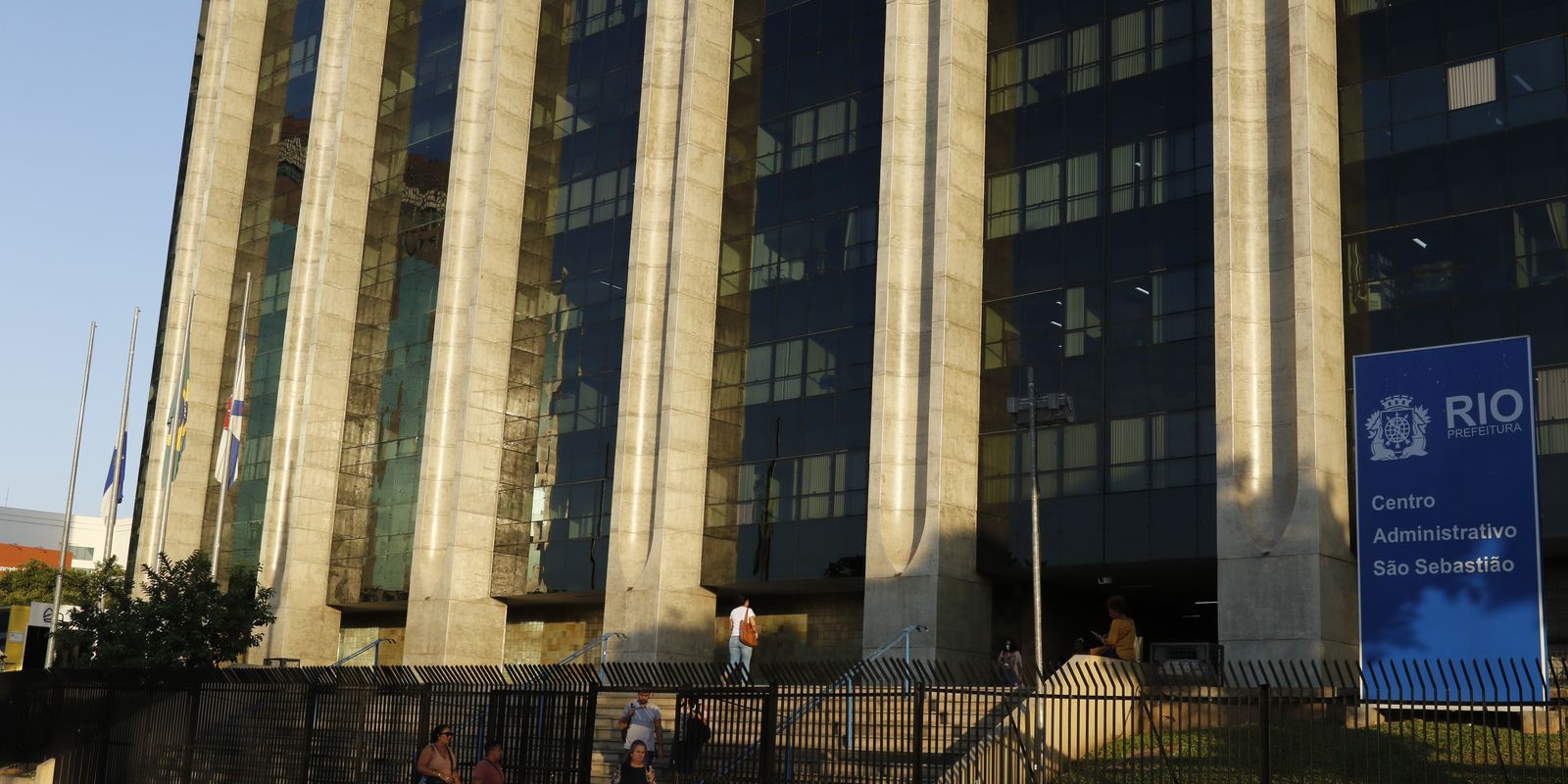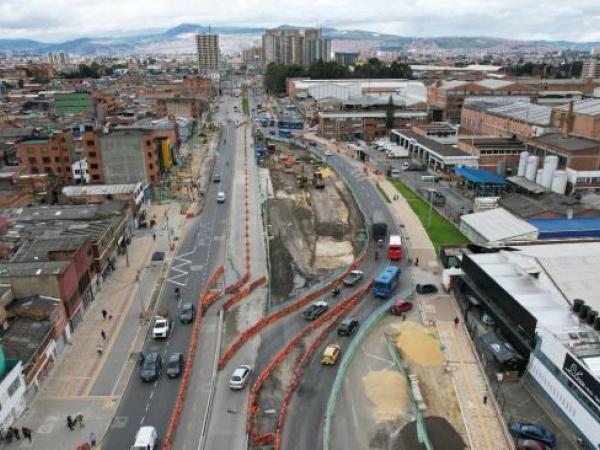This year, more than 155.9 million Brazilians are eligible to vote to choose the next mayor and councilors of the city where you live. The choice must be made by the inhabitants of 5,668 municipalities in the country. Only Brasília and Fernando de Noronha do not participate. 
With a four-year term, the mayor, deputy mayor and councilor can be considered the politicians who work closest to the population’s daily lives, having a direct impact, for example, on road maintenance, garbage collection and the construction of the neighborhood daycare center.
The head of the municipal executive branch, the mayor, and possibly his deputy, have the express duty to promote health care for the population, a responsibility that he shares with the state and federal governments, in partnership. Together with these same partners, he must look after the environment of the municipal territory.
The mayor also has the duty to promote basic sanitation, together with the state government. Another duty of the local chief executive is to organize traffic and guarantee public transportation services.
For all tasks, mayors have funds from taxes such as IPTU [Imposto Predial e Territorial Urbano] and the ISS [Imposto Sobre Serviços]. All municipalities are also entitled to a share of federal revenues through the Municipal Participation Fund. The amount is calculated according to the size of the population.
The mayor is responsible for managing the application of all this money. The budget of São Paulo, the largest city in the country, for example, exceeded R$111 billion in 2024. Smaller cities, however, often have difficulty paying even current bills such as public servants’ salaries and require additional funds from the federal government and Congress, through parliamentary amendments to the Federal Budget.
The mayor is required to submit each year’s budget for analysis by the Legislative Assembly. This is one of the main duties of council members, to verify and approve how municipal public funds will be applied. The process is analogous to that which occurs at the state and federal levels.
The city council is also responsible for monitoring the application of resources as planned, together with other bodies such as the Public Prosecutor’s Office. When spending, the mayor must comply with the provisions of the Fiscal Responsibility Law (LRF), under penalty of becoming ineligible.
Councilors also have the power to approve municipal laws, which regulate very direct aspects of the population’s life, from land use planning and the operation of commerce, to construction rules (Building and Construction Code) and school transport.
Some of these laws need to be presented by the municipal Executive, among them the Organic Law of the municipality, a type of local Constitution, which addresses the most diverse aspects of life in society, including the organization of municipal powers and the principles that govern local public administration.
The Organic Law will establish, for example, the number of councilors in proportion to the size of the population and the spending limits on the salaries of these parliamentarians, which cannot exceed 5% of the municipal budget, in accordance with the Constitution of the Republic.
It is through the joint work of the city council and councilors that the urbanization of cities advances, with everything from street lighting to paving roads depending on them.
The mayor also acts as a representative of the municipality in meetings with various authorities, in which he has the duty to attract benefits for his city.
Voters have until October 6, the date of the first round of 2024 municipal electionsto choose their candidates. The electoral campaign began last Friday (16).
















